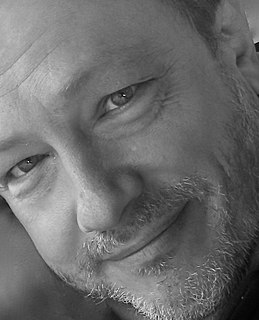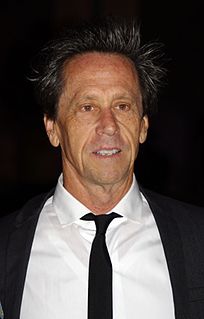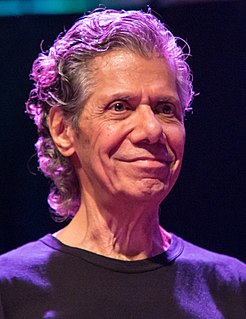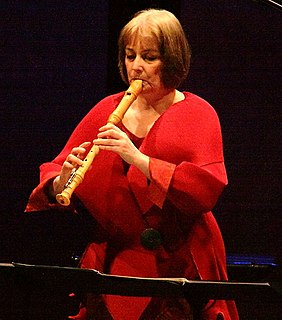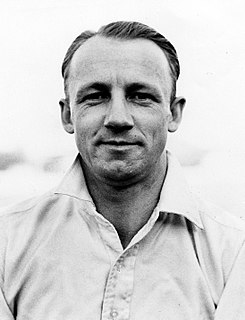A Quote by Ayn Rand
The writer who develops a beautiful style, but has nothing to say, represents a kind of arrested esthetic development; he is like a pianist who acquires a brilliant technique by playing finger-exercises, but never gives a concert.
Related Quotes
My father was a very good amateur pianist, and he had a collection of books on technique. One of the things he had was a small volume of exercises by Rudolf Ganz, in which Ganz mentions the pedagogical work of the Swiss composer, Émile-Robert Blanchet, who wrote a ton of polyphonic exercises for one-hand. These exercises were a great help for finger independence, which I acquired early on. This might have given me somewhat of an edge, a facility to be able to knock any obstacle that was in my way.
My technique is laughable at times. I have developed a style of my own, I suppose, which creeps around. I don't have to have too much technique for it. I've developed the parts of my technique that are useful to me. I'll never be a very fast guitar player. I don't really know what to say about my style. There's always a melodic intent in there.
It was quite unusual to use the recorder as a concert instrument. But my mother, a pianist, actually helped me a lot by assuming that anything done on the piano can easily be done on the recorder! She helped me with technique and was just as critical about my playing as she was with her own. I think that has been one of my fortunes.
I saw him playing on television and was struck by his technique, so I asked my wife to come look at him. Now I never saw myself play, but I felt that this player is playing with a style similar to mine, and she looked at him on Television and said yes, there is a similarity between the two...his compactness, technique, stroke production - it all seemed to gel!
It's akin to style, what I'm talking about, but it isn't style alone. It is the writer's particular and unmistakable signature on everything he writes. It is his world and no other. This is one of the things that distinguishes one writer from another. Not talent. There's plenty of that around. But a writer who has some special way of looking at things and who gives artistic expression to that way of looking: that writer may be around for a time.

